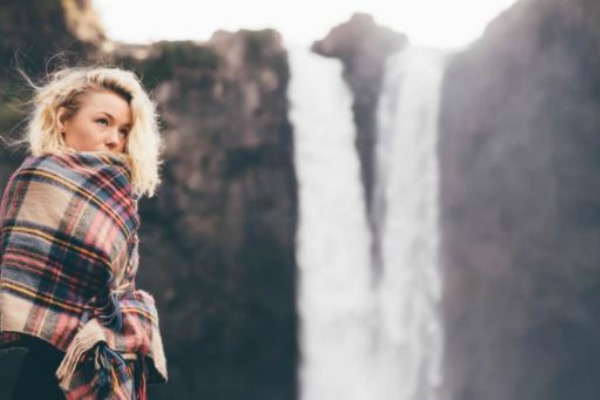Last month The Atlantic ran an article titled “The Humiliation of Aziz Ansari.”
This was the subtitle: “Allegations against the comedian are proof that women are angry, temporarily powerful—and very, very dangerous.”
And I thought, “Oh boy, that’s going to stir up a firestorm.”
The article did. But the subtitle didn’t. A few sparks, a little hissing, but nothing more.
Seriously? A woman – the article was written by Contributing Editor, Caitlin Flanagan – just said that the power women hold in this era of #MeToo is temporary.
Furthermore she just implied that power, when wielded by a woman, is dangerous. And no one, not even women, seemed to notice or care.
Even as my outrage cooled I knew the truth. We, as women, aren’t used to owning our power. And when we do we’re used to being considered dangerous.
Certainly power has the potential to harm. And power in the hands of women has no less potential for harm than it does in the hands of men, where it has been blatantly carried and used for centuries.
But women have, all that time, had power as well. And we have used it. Wisely, and unwisely. Fairly, and unfairly. For good, and sometimes, for evil. Because that is what humans do.
Power is like a river. Useful and life-giving, or raging and destructive. Feminine power is a river that has been subverted and diverted and forced underground. It has been concealed, with cities and battlegrounds built on the land above it, but still it flowed. We women took our power and we carved out caves and channels. We created sacred safe places, and places to hide the bodies. We used our power in the dark, and in secret, and mostly in silence. Unseen and uncredited, that river of immense and inherent power has sustained nations and generations and has brought down civilizations.
The big difference in the feminine power rising now – in entertainment, in boardrooms and cubicles, in front of podiums and microphones at award ceremonies and marches – is that it is visible. It is being seen. It is being heard. And it is being felt.
As the river of power breaks through the surface and rushes into the light of day it is on us to choose how that power will be applied. Will we use it to lash out in raging floods to drown those who represent our previous confinement? Will we accuse and belittle and seek to undermine the power of men? We can. Perhaps it would be our right. But is it really our nature?
Women are inherently powerful. But we are not inherently dangerous. In fact, it is a part of divine feminine nature to use our power with intention to heal, to revive, to nurture. To cleanse the wounds and nourish the world. Isn’t that the ultimate power?
The truth is that this river will be difficult to force back underground. And we must be diligent that we do not allow that to happen. But most of all we must remain in control of our power. Not drunk on it, not careless with it, but mindful and intentional and responsible.
Power is always ours to own, that river isn’t going to dry up and go away. Like the character in Thrones, Dominations says of London’s underground rivers, “You can bury them deep under, sir; you can bind them in tunnels, you can divert them and stop them up and forget about them, you can lose the map, and wipe the name out of mind, but in the end where a river has been, a river will always be.”
Our power, as a river, will always be. But it is on us to be sure that the river is always seen, and heard, and felt. And that it embodies the truth of feminine power – bringing life, not death, creativity, not destruction.
May the river of feminine power never again be diverted to run only in dark and secret caves and channels, but may it forever flow in the light. As it was meant to do.


